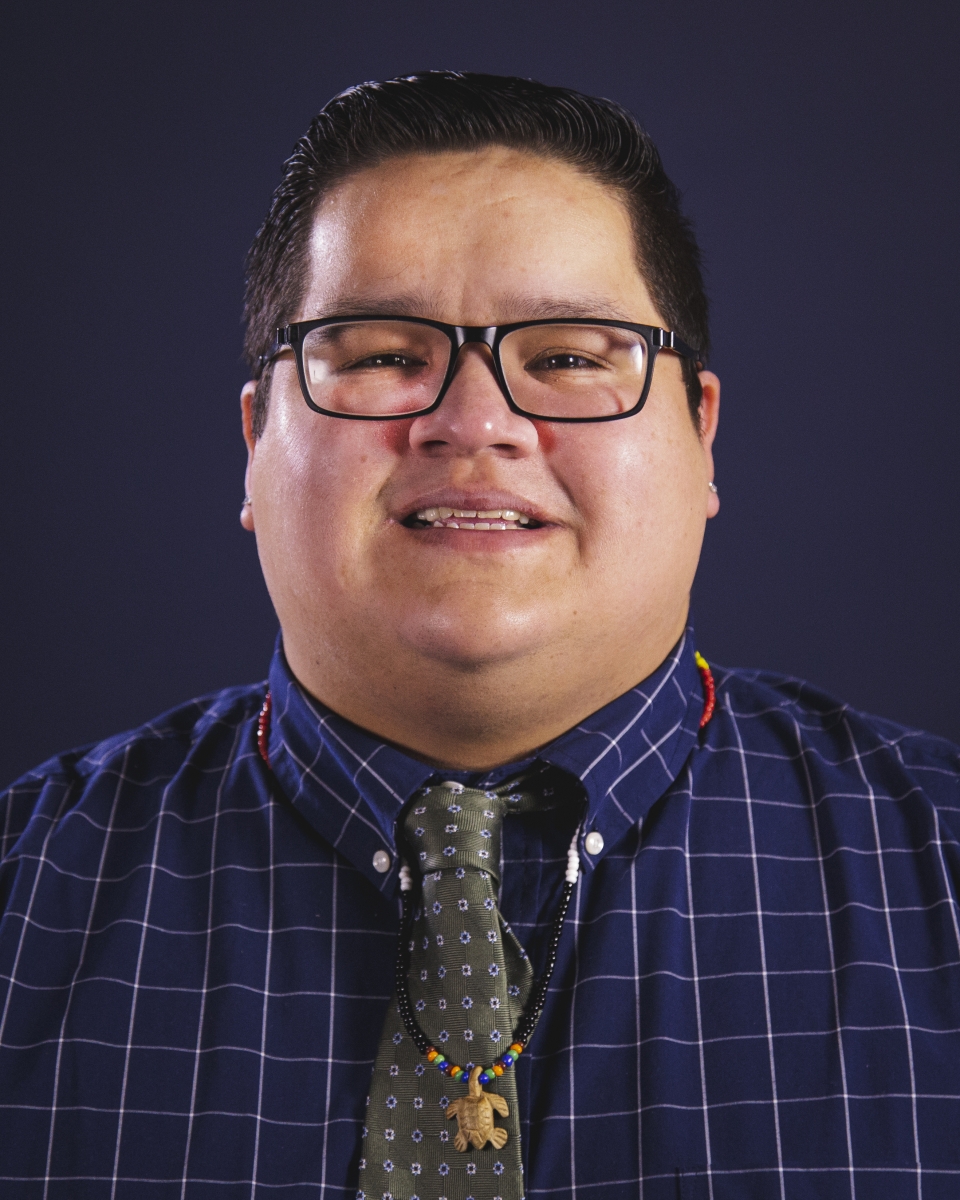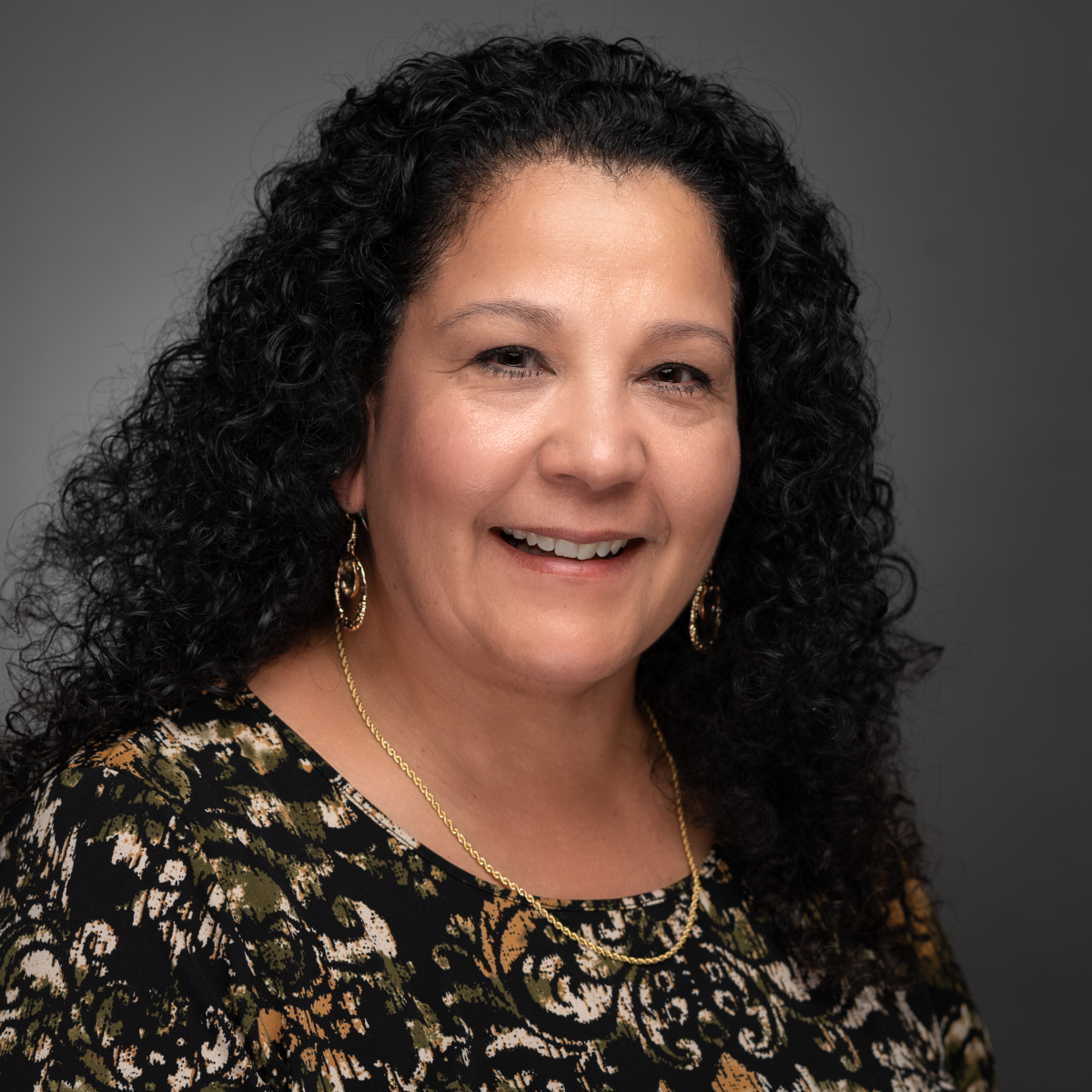Webinar: What Research Tells Us about Indigenous Children's Development with Michelle Sarche
Category
Admission
- Free
Location
Summary
You must be present during the advertised date and time(s) to participate and watch the webinar. The webinars will NOT BE RECORDED. Additionally, participants do NOT have permission or authorization to record either via video or audio the contents of the session attending.
Description
*Funding for this training limits individual acceptance to WISCONSIN RESIDENTS only.
*You must be present during the advertised date and time(s) to participate and watch the webinar. The webinars will NOT BE RECORDED. Additionally, participants do NOT have permission or authorization to record either via video or audio the contents of the session attending.
What Research Tells Us about Indigenous Children’s Development with Michelle Sarche

About the Lecture Series
The Wisconsin Department of Public Instruction (DPI) - American Indian Studies Program in partnership with CESA 12 is offering a unique opportunity to participate in a series of webinars to continue your journey of personal and professional development around First Nations Studies.
These monthly 1.5 hour webinar lecture series workshops will begin in November 2024 and continue through June 2025. The lecture series will feature various Native American scholars in the fields of history, literature, education, among other academic content areas. At each session, you will have the opportunity to hear from and learn from Indigenous authors and speakers.
*NOTE: You must be present during the advertised date and time(s) to participate and watch the webinar. The webinars will NOT BE RECORDED. Additionally, participants do NOT have permission or authorization to record either via video or audio the contents of the session attending.*
Date and Time: Tuesday, March 18, 2025 - 4:30pm -6:00pm | Zoom Video Conference Opens at 4:00pm (Pre-registration Required)
Presenter: Michelle Sarche, PhD (Lac Courte Oreilles Ojibwe), Professor and Project lead
Title: What Research Tells Us about Indigenous Children’s Development
Description: Research on Indigenous children’s development has grown over the years, adding to our understanding of both the challenges they face, as well as their resilience and thriving. Join Dr. Michelle Sarche to learn more about how the field has evolved and grown, how Indigenous scholars are increasingly leading the way in child development research, and most importantly, what the research literature tells us about Indigenous children’s development, and the factors within their families, communities, and peer networks that influence their development. Dr. Sarche will discuss the importance of authentic research-community partnership for ensuring that research addresses the priorities of Indigenous communities, highlighting examples of such partnerships within the field of early childhood and the central role that Indigenous research methodologies play for guiding those partnerships and the research they pursue.
Bio: Michelle Sarche, PhD, is a professor and project lead at the Buffett Early Childhood Institute at the University of Nebraska. She is a citizen of the Lac Courte Oreilles Band of Ojibwe. Michelle has been a member of the urban Native communities of Denver, where she has lived for the last 27 years, and of Chicago, where she lived prior to that. Michelle is trained as a clinical psychologist and has partnered with Native communities in research on children’s development throughout her time as a faculty member with the Centers for American Indian and Alaska Native Health at the University of Colorado Anschutz Medical Campus (1997-2024) and now at the University of Nebraska (2024-present). Dr. Sarche’s work has focused on children’s development in the earliest years, the role of Head Start, Home Visiting, and Child Care in supporting children, families, and communities, and cultural adaptation of interventions, including those focused on alcohol-exposed pregnancy prevention. Dr. Sarche co-directs the Native Children’s Research Exchange network and Scholars program, through which she has served as a mentor to numerous early career Indigenous and allied scholars and convened the biennial NCRE Conference since 2008.
Participant Outcomes
As a result of attending this webinar series, participants will have an opportunity to:
-
have an opportunity to continue their journey of personal and professional development around First Nations Studies.
-
learn about and gain an understanding of the unique circumstances faced by Native people in the past and today and the effect it has on today's students, families, and communities.
-
receive information, resources to identify books, and strategies to support teaching and learning about Native peoples, communities, and nations.
-
deepen their understanding of the American Indian experience through stories and information shared by the speakers.
-
understand the historical experiences and contemporary issues of American Indian peoples and nations through storytelling, language, literacy, etc.
Target Audience
-
District Administrators and Principals
-
Classroom Teachers
-
Curriculum Specialists, Directors of Instruction, and Library Media Specialists
-
School Counselors, Social Workers, and Psychologists
-
Cooperative Educational Service Agencies (CESAs) Administrators and Staff
-
Tribal, Community, and School Liaison's (Home-School/Title VI/Johnson O’Malley Coordinators and Staff)
-
Tribal Education Directors and Staff
-
Head Start, Early Childhood, and Preschool Staff
-
College and University (especially Schools of Education) Students, Faculty, and Staff
-
Library and Museum Staff
-
Any others with an interest in American Indian Studies and education.
Facilitator

Bwaakoningwiid David J. O'Connor, American Indian Studies Consultant, Wisconsin Department of Public Instruction; Phone: (608) 267-2283 or david.oconnor@dpi.wi.gov.
Additional Information/Disclaimers
The training webinar will NOT be recorded or otherwise shared after the scheduled dates. The DPI American Indian Studies Program has found that this allows for more candid conversations, richer dialogue, and increased participation.
This virtual training does NOT meet statutory license stipulations for "Wisconsin American Indian Tribes and Bands", which is often referenced as Wisconsin Act 31. For those seeking to address statuary license stipulations, please visit the Wisconsin Department of Public Instruction (DPI) Licensing, Educator Advancement, and Development - Statutory License Stipulations webpage for a list of approved courses and workshops. You can also visit the DPI American Indian Studies Program for further information.
* The DPI American Indian Studies Program reserves the right to prioritize enrollment to LEAs with federally identified IDEA status.
Training Format
Each webinar session will be 1.5 hours in length and facilitated by Bwaakoningwiid David J. O'Connor in partnership with the respective presenters for each session. The sessions are intended to be interactive and will include discussion time at the end of each session.
These sessions will be facilitated online using the Zoom cloud video conferencing platform.
Registration and Fees
There are NO registration fees to participate in these webinars offered by the DPI American Indian Studies Program, which are funded through the Individuals with Disabilities Education Improvement Act (IDEA).
Funding for this training limits individual acceptance to WISCONSIN RESIDENTS only. Registration is limited to 300 individuals per session. Pre-registration is required.
Questions

Judy Ross, Administrative Assistant
CESA #12
American Indian Studies Program, https://dpi.wi.gov/amind
400 Lake Shore Drive East, Ashland, WI 54806
Direct Line: 715-685-1837
Email: judyr@cesa12.org | Visit us on Facebook
For more great training opportunities offered by DPI American Indian Studies Program, please visit our webpage: Calendar of Events
